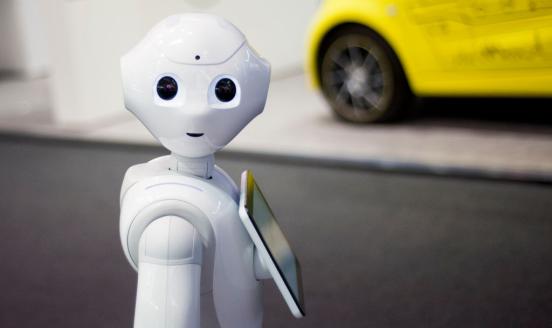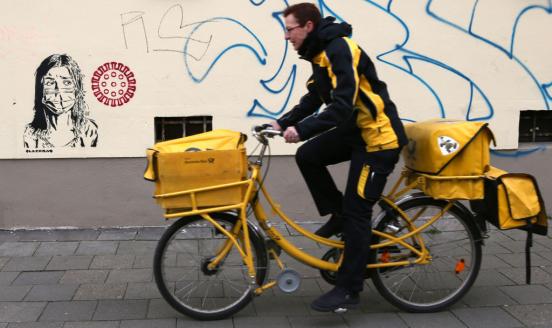

Inclusive digital economy: a round-up of project research
The rise of automation, remote employment and a diversifying workforce will necessitate a shift in how we interact with new technology

Labour market outlook dashboard
This dashboard offers a comprehensive overview of the evolution of key labour market outcomes across EU member states, from 2006 onwards

Gender equality and reboundability in the labour market: lessons from COVID-19
Economic crises affect the jobs of men and women differently; steps can be taken to help all genders bounce back.

Can/Should robots look after the young and the old?
Exploring the potential, ethics and the willingness of people to automatise unpaid domestic work.

The hidden inequalities of digitalisation in the post-pandemic context
Digital automation has affected working conditions quite broadly, beyond job loss, in several other important ways.

Do LGBTQIA+ people face EU labour market discrimination?
Labour-market data on LGBTQIA+ people is limited, but there is some evidence that those in same-sex partnerships experience discrimination.

Job quality is about more than working conditions
What is job quality and why does it matter?

A gender perspective on artificial intelligence and jobs: The vicious cycle of digital inequality
How do gender stereotypes and gendered work segregation, and digitalisation and automation, result in a vicious cycle of digital gender inequality?

Is tech redefining the workplace for women?
Exploring the relationship between artificial intelligence and job transformation and whether the impact differs by gender.

Beating burnout: identifying bad jobs and improving job quality
To improve wellbeing at work, job quality policy should pay more attention to imbalances in job content and the social environment at work.

The scarring effect of COVID-19: youth unemployment in Europe
Even before the pandemic, youth unemployment in the European Union was three times higher than among the over-55s. COVID-19 threatens to undo the last